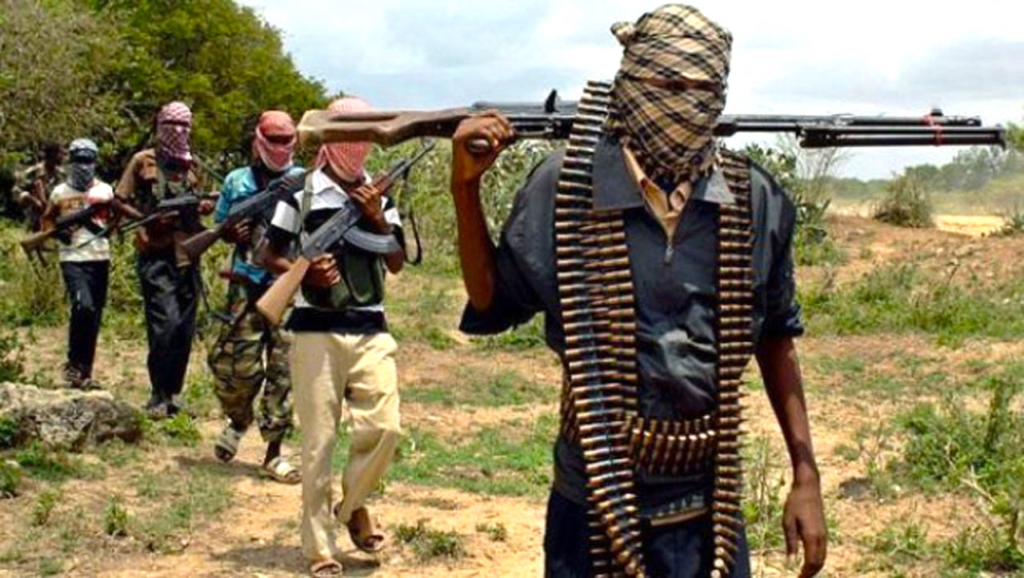At least 27 worshippers were killed in northern Nigeria’s Katsina state when gunmen stormed a mosque during dawn prayers, highlighting the escalating violence and insecurity across Nigeria’s northwestern and north-central regions.
WEBDESK — At least 27 worshippers were killed and several others wounded Tuesday when gunmen stormed a mosque in northern Nigeria’s Katsina state, opening fire during early morning prayers, local officials said.
The attackers struck at around 04:00 GMT in the remote community of Unguwan Mantau, located in Malumfashi local government area. Witnesses said the armed men surrounded the mosque and began shooting indiscriminately as Muslims gathered for dawn prayers.
A village head confirmed the death toll, while a hospital official reported treating multiple injured victims, some in critical condition. Authorities have not identified the assailants, and no group immediately claimed responsibility.
Such violence has become increasingly common in Nigeria’s northwestern and north-central regions, where clashes between herders and farmers over land and water often fuel deadly reprisals. Analysts warn that the prolonged conflict is evolving into a broader security crisis, with criminal gangs — locally referred to as “bandits” — carrying out kidnappings, raids, and attacks with growing frequency.
In June, more than 100 people were killed in Yelwata, a town in Benue state, prompting Amnesty International to demand urgent government action to halt what it described as “almost daily bloodshed.” Rights groups have repeatedly criticized Nigerian authorities for failing to protect vulnerable communities.
Katsina state commissioner Nasir Mu’azu said security forces, including army and police units, have been deployed to the Unguwan Mantau area in an attempt to restore calm and prevent further assaults. He noted that gunmen often exploit the rainy season, using tall crops as cover to launch surprise attacks.
The incident adds to a growing list of mass killings that have plagued Nigeria’s northern belt, leaving residents fearful and underscoring the challenges facing the government in curbing rural violence.


